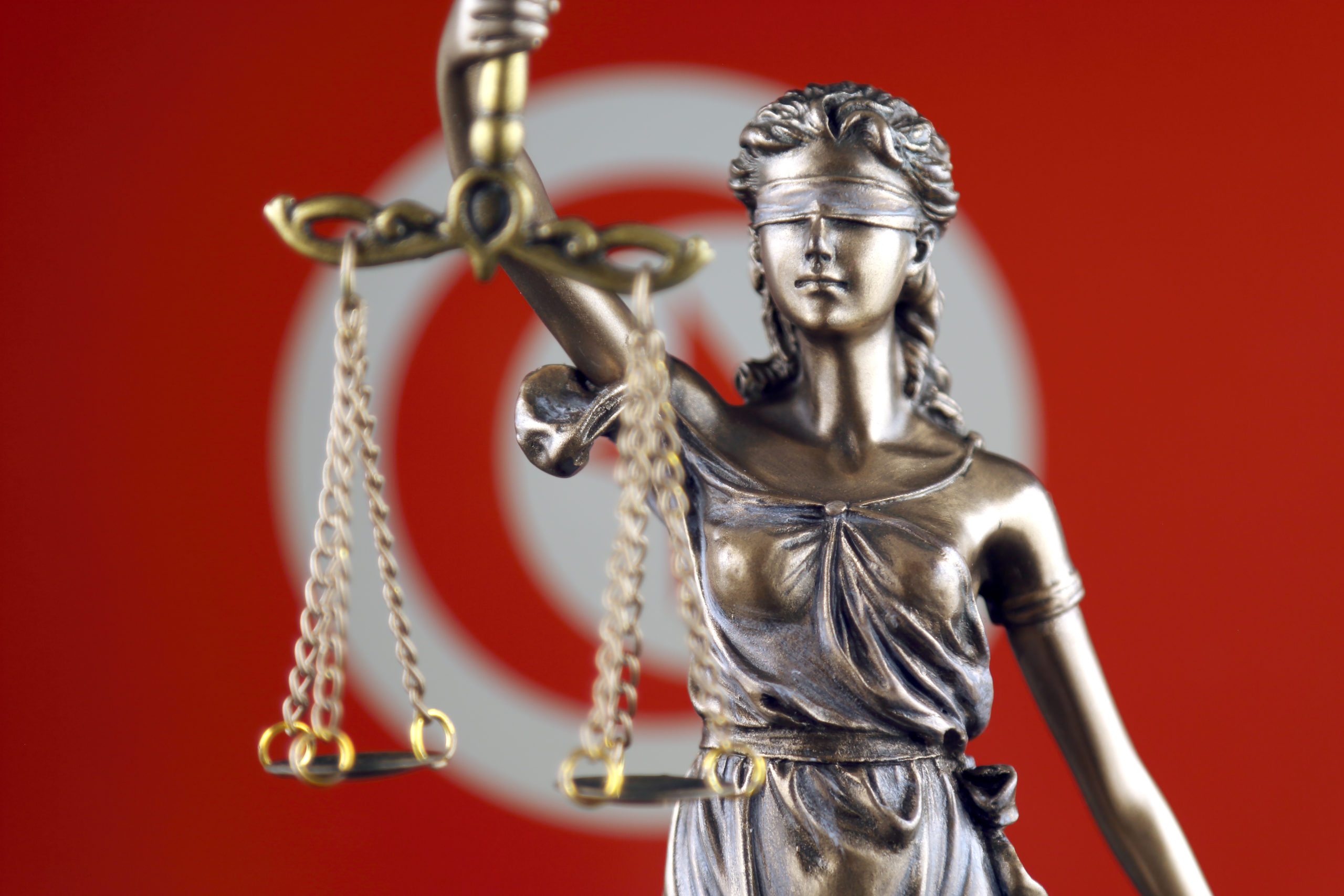The ICJ today warned the UN Human Rights Council of the risks that transitional justice is facing in Tunisia during the Interactive Dialogue with the UN Special Rapporteur on the Promotion of Truth, Justice, Reparation and Guarantees of Non-Recurrence.
The statement reads as follows:
“The ICJ welcomes the Special Rapporteur’s report.
The ICJ continues to be deeply concerned by the Tunisian authorities’ lack of political will to follow up on the Truth and Dignity Commission’s work and to remove obstacles that continue to impede the work of the Specialized Criminal Chambers (SCC).
President Kais Saied’s sustained assault on the rule of law and separation of powers in the country has further exacerbated the ICJ’s concern. More than a year after his power grab in July 2021, the Tunisian President’s one-person rule has been entrenched even further through a new autocratic Constitution, adopted following a fundamentally flawed, illegal and illegitimate constitution-making process, and by the President’s cynical, unilateral actions eroding the power of the parliament, dismantling judicial independence, and restricting civic space.
In light of these developments, the ICJ calls on the Member States of this Council to hold the Tunisian authorities to account, and to urge that the transitional justice process be carried out to its completion, including through the implementation of the Special Rapporteur’s September 2021 recommendations.
Only then will victims’ right to effective remedies and reparations be ensured, perpetrators fully held to account, and the guarantees of non-recurrence fully complied with.
Thank you.”
Contact:
Massimo Frigo, ICJ UN Representative, e: massimo.frigo(a)icj.org, t: +41797499949

